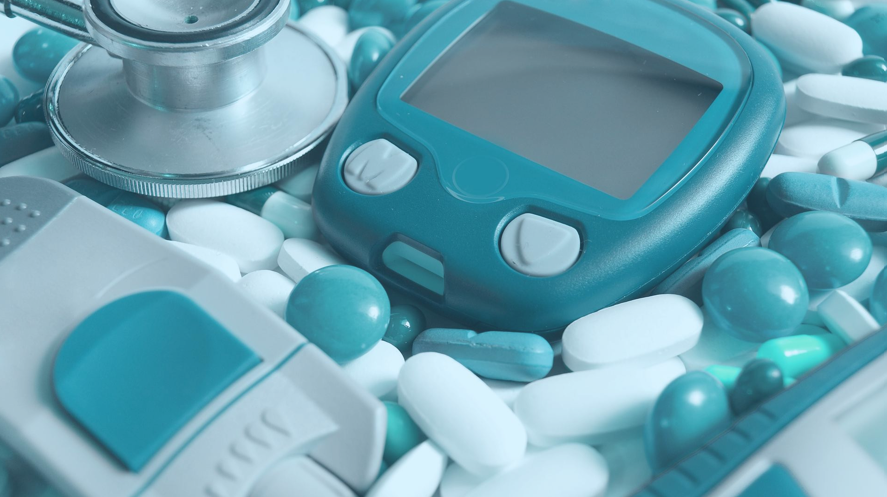



Medical Device Clinical Affairs Strategy
The development and commercialization of medical devices is a complex process that requires careful planning and execution. A well-designed clinical strategy is a crucial component of this process, as it helps to ensure that the device meets the needs of patients, healthcare providers, and regulatory agencies.
We help sponsors to formulate a Risk-based Medical Device clinical affairs strategy to support the successful development, registration, and commercialization of different classes of medical devices. Following are our key strengths:
- Vast experience in conducting medical device clinical trials with a deep understanding of the regulatory landscape for smooth approval process.
- Flexible and responsive to the needs of medical device companies can help ensure that clinical trials are executed efficiently and effectively
- We use advanced EDC technology and remote monitoring tools, can provide a more efficient and streamlined clinical trial experience
- We leverage data and information to make informed decisions about the development and commercialization of a medical device
- Demonstrating a commitment to quality and safety, by providing compelling data to support the clinical and commercial viability of the device.
- Always meeting timelines and avoiding delays

At Techsol, we specialize in crafting a proactive, risk-based, and practical clinical affairs strategy using the following elements:
Device Investigation Plan
A comprehensive plan for conducting medical device clinical investigations, including the design of the trials, the selection of study sites and investigators, and the timeline for conducting the trials.
Regulatory Affairs
A plan for navigating the regulatory landscape, including medicla device trial registrations, study documents approval, the submission of clinical study reports, and other regulatory writings.
Medical Writing
Preparation of high-quality clinical study reports, regulatory documents, and other medical writing outputs, such as clinical trial protocols, informed consent forms, patient information leaflets, and publications.
Quality Assurance Plan
Ensuring that all aspects of the clinical development program, including clinical trials and medical writing outputs, are executed in accordance with good clinical practices and other quality standards.
Data Management Plan
Ensuring that clinical trial data is properly collected, stored, and analyzed, and that statistical analysis is performed to support the conclusions of the clinical trials.
Project Management
Ensuring that the Medtech Clinical development program is executed in accordance with the clinical development plan, and that project timelines, budgets, and resources are effectively managed.
A well-designed clinical affairs strategy can help medical product developers to navigate the complex and constantly evolving regulatory landscape, and to ensure that their clinical development programs are executed efficiently and effectively. By working with experienced medical writing consultants, organizations can benefit from expert guidance and support in developing and executing a clinical affairs strategy that meets their specific needs and goals.
Your Questions & Our Answers
We aim to address the following key challenges when developing and executing a medical device clinical affairs strategy. With careful planning, strong project management skills, and a deep understanding of the regulatory landscape and best practices in medical device clinical investigations, we help sponsors with:
> Navigating Through the Complex Medical Device Regulatory Landscape
> Providing a Scientifically Sound Clinical Trial Design
> Supporting Patient Identification, Recruitment and Retention
> Delivering Clinical Data Management, Biostatistics & SAS Programming
> Providing Transparent Quality, Risk and Compliance Oversight
With the use of advanced technology and quality-driven processes, our medical writing team members collaborate with Biostatistics, Medical Affairs, Drug Safety and Clinical Data Management teams to deliver accurate and purposeful publications and other medical content with a quick turnaround with 100% compliance to global regulatory requirements. Every medical writing project is meticulously managed and delivered with stringent scientific, statistical, editorial and quality control review.




